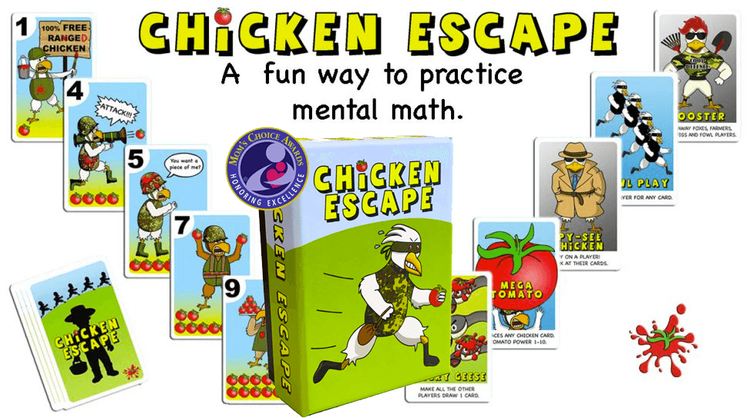Mathematics often carries a reputation for being a tough, sometimes fear-inducing subject. This negative attitude towards math can form early in a student’s educational journey and, if not addressed, may persist throughout their school years and beyond. However, with the right approaches and mindsets, it’s entirely possible to turn this around and help students develop a more positive and even enthusiastic relationship with math.
Understanding the Roots of Math Anxiety:
Negative attitudes towards math often stem from anxiety and fear of failure. This can be due to a variety of factors, including past negative experiences, societal stereotypes about math, or teaching methods that do not cater to diverse learning styles. Understanding these root causes is the first step in addressing them.
Overcoming Negative Attitudes:
- Promote a Growth Mindset: Encourage the belief that math ability is not fixed, but can be developed with effort and perseverance. Emphasize the importance of learning from mistakes rather than fearing them.
- Relatable and Practical Application: Show students how math is relevant in everyday life. Real-world applications help students see the value and purpose of math beyond the classroom.
- Celebrate Small Victories: Recognize and celebrate progress, no matter how small. This helps build confidence and positive associations with math learning.
- Create a Supportive Learning Environment: A classroom environment where questions are encouraged and it’s safe to make mistakes can significantly reduce anxiety and negativity toward math.
- Use of Engaging Teaching Methods: Incorporate a variety of teaching methods including games, technology, visual aids, and hands-on activities to make math more engaging and less intimidating.
- Peer Collaboration: Encourage group work and peer tutoring. Learning from and teaching others can be a powerful way to improve understanding and attitudes towards math.
- Personalized Learning Paths: Recognize that students have different learning styles and paces. Personalized instruction can help meet individual needs and reduce frustration.
- Professional Development for Educators: Equip teachers with strategies to engage students effectively, address math anxiety, and create an inclusive learning environment.
- Parental Involvement: Involve parents in their children’s math education. Educate them on how to support their children positively at home without transferring any math anxiety they might have.
- Addressing Stereotypes: Challenge stereotypes about who can be successful in math. Highlight diverse role models in mathematics to show students that anyone can excel in the subject.












